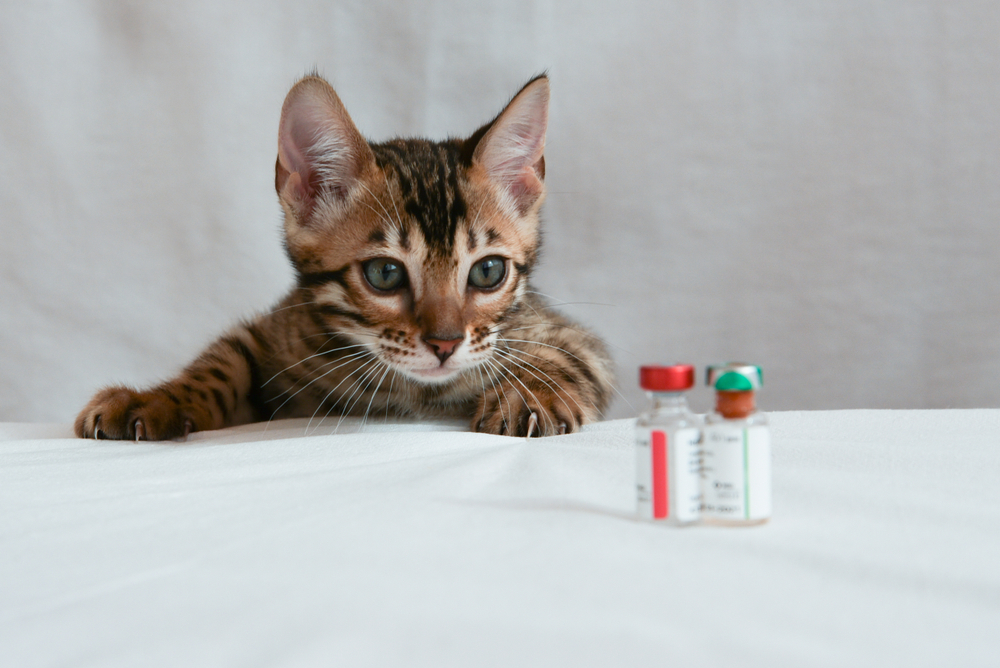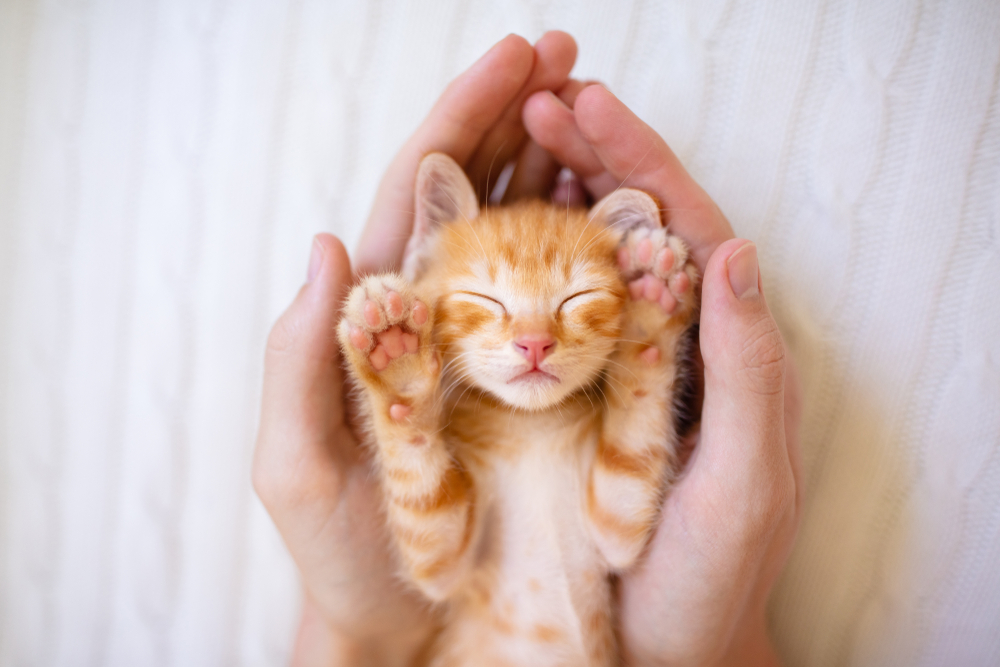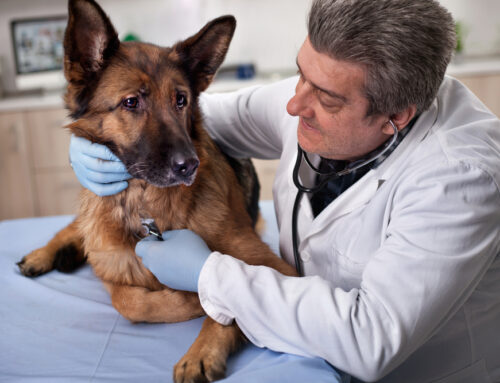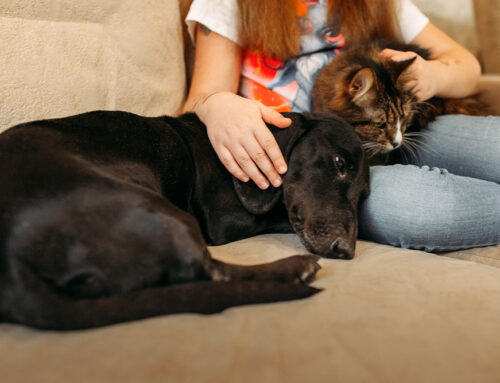Welcoming a new kitten into your family is an exciting adventure full of wonderful experiences. To help your new feline friend get the best start in life and remain healthy as they grow, ensure they receive the proper vaccines. Our Guam Pet Hospital team explains which infectious diseases may harm your kitten and how regular vaccinations protect them.
Why vaccinations are crucial for kittens
Feline vaccinations should be administered at the correct age and follow an appropriate schedule. Vaccinations deliver many important benefits to your kitten, other cats, and the community at large:
- Protection from disease — Vaccines play a critical role in preventing infectious diseases that can be severe or possibly fatal for kittens. By stimulating your kitten’s immune system to produce antibodies, vaccines help protect against specific diseases.
- Long-term health — Vaccinations contribute to your kitten’s overall long-term health. By preventing diseases, you also avoid potential complications that can arise from untreated illnesses, leading to a healthier, happier life for your kitten.
- Community health — Vaccinating your kitten not only protects your whiskered pal but also helps safeguard other pets and people in the community. Some feline diseases can be transmitted to other pets and, in rare cases, to people.
Vaccines for kittens
Core vaccines are considered essential for all kittens, regardless of their lifestyle or environment, as these vaccines protect against the most common and severe feline diseases. Most feline vaccines are core vaccines, except for the Chlamydia felis and Bordetella bronchiseptica vaccines, which are typically recommended for cats living outside or with a large number of other cats.
Feline viral rhinotracheitis
Feline viral rhinotracheitis (FVR) is a severe upper respiratory infection caused by the feline herpesvirus type-1 (FHV-1). Easily spread through sneezing and respiratory secretions, this virus is highly contagious and can cause chronic illness, leading to lifelong health issues.
FVR vaccinations are typically started when kittens are 6 to 8 weeks old, with boosters given every three to four weeks until a cat is 16 to 20 weeks of age. Then, annual or triennial boosters are administered, based on health status, exposure risk, and vaccine availability.
Feline calicivirus
Another common upper respiratory infection in cats, feline calicivirus (FCV) is characterized by sneezing, nasal and ocular discharge, and oral ulcers. FCV is highly contagious and can cause severe respiratory issues and difficulty eating, particularly in young kittens. The FCV vaccine is administered in combination with the FVR vaccine, following the same schedule.
Feline panleukopenia
Feline panleukopenia is caused by a parvovirus that attacks the gastrointestinal (GI) tract and immune system. This virus is incredibly contagious and often fatal, especially in kittens, as it results in severe diarrhea, vomiting, dehydration, and fever. The feline panleukopenia vaccine is typically part of a combination vaccine that includes FVR and FCV and follows the same vaccination schedule.
Feline leukemia virus
Feline leukemia (FeLV) is a viral infection that can cause immunosuppression, anemia, and lymphoma in cats. This vaccine is especially recommended for kittens in multi-cat households or those who spend time outdoors, as FeLV can be spread between cats in close contact. Mutual grooming, bite wounds, and food and water bowl sharing are common ways this disease spreads.
All kittens should receive the FeLV vaccine during their initial vaccination series. The first vaccine is typically administered when they are around 12 weeks of age, with a booster three to four weeks later, then annually if the risk persists.
Rabies vaccine for kittens
Rabies is a fatal viral disease that affects mammals’ central nervous system, including that of people. While people can receive treatment for rabies, no treatment is available for pets. Guam, like many other regions, requires rabies vaccination because of this disease’s zoonotic nature and the risk it poses to public health. Rabies vaccines are typically administered to kittens who are 12 to 16 weeks of age, with a booster a year later, followed by boosters every one or three years.
Special considerations for Guam kitten owners

Guam’s tropical climate can influence certain diseases’ and parasites’ prevalence. For instance, our warm, humid environment is conducive to flea and tick infestations, which can carry and transmit diseases such as bartonellosis and hemoplasmosis. Regular flea and tick prevention, in addition to vaccinations, is essential for all cats.
Guam also has a significant stray cat population, which increases the feline disease transmission risk. Ensuring your kitten is fully vaccinated helps protect against infections, such as FeLV, that are prevalent in stray populations.
If you have recently welcomed a kitten into your home or are planning to do so, contact our Guam Pet Hospital team today to discuss a tailored vaccination plan. Your proactive steps will ensure a healthy, happy future for your new whiskered pal.








Leave A Comment